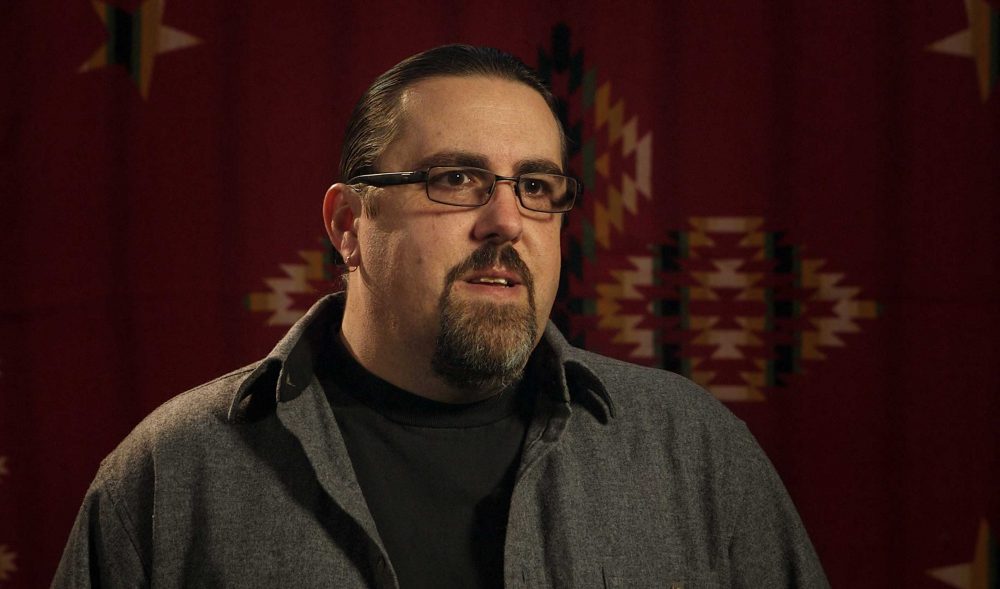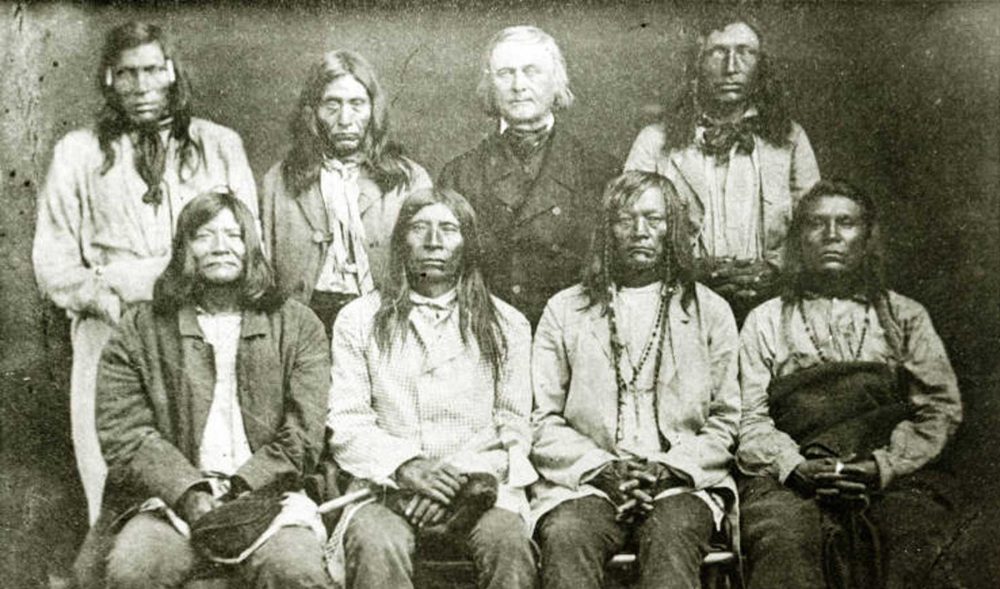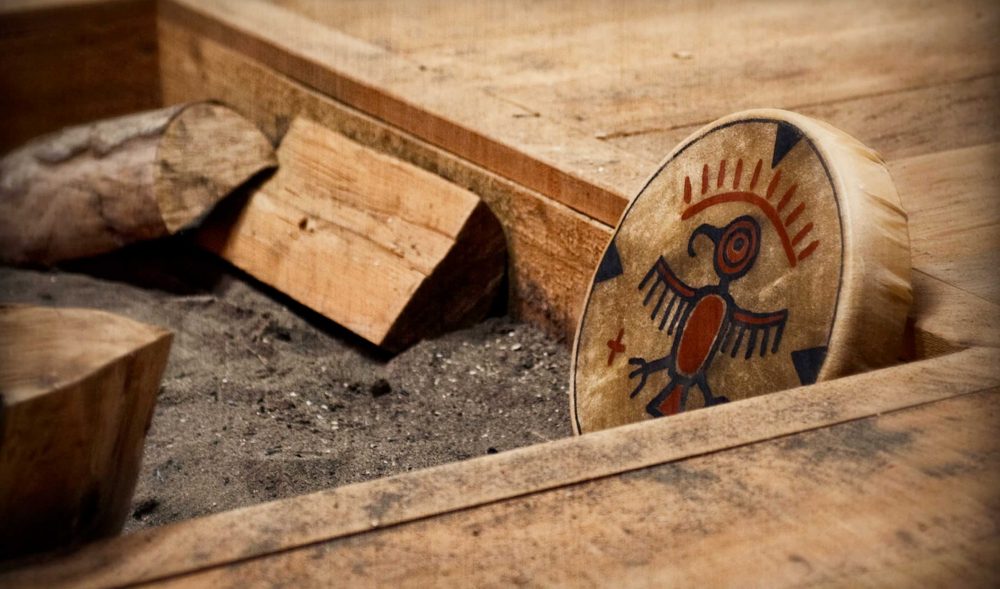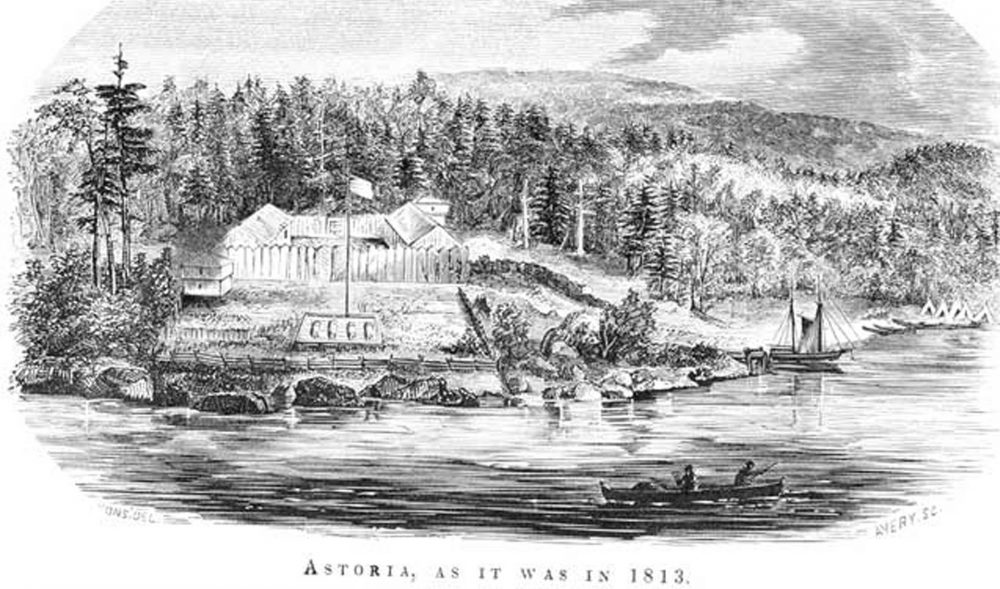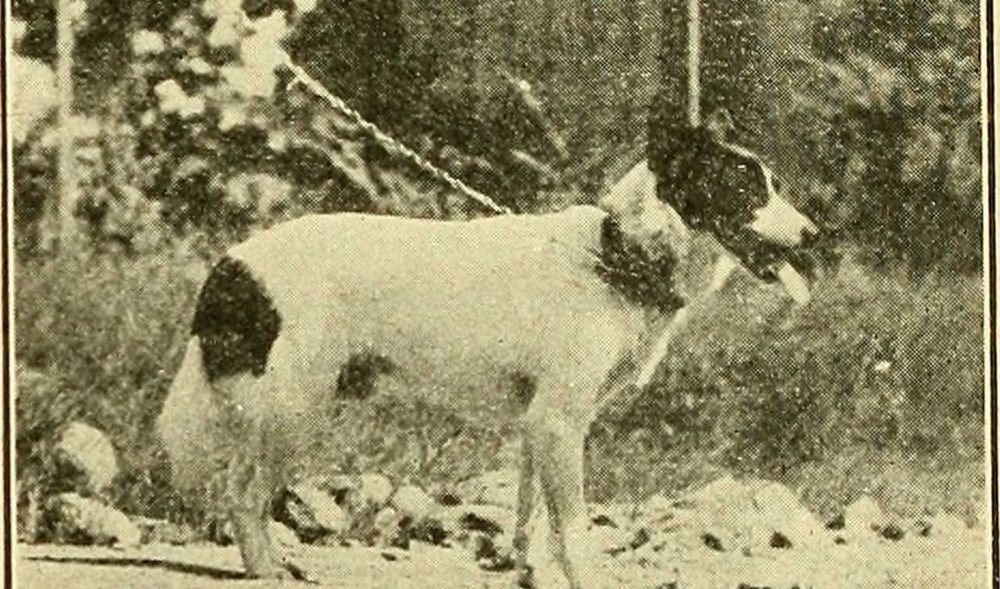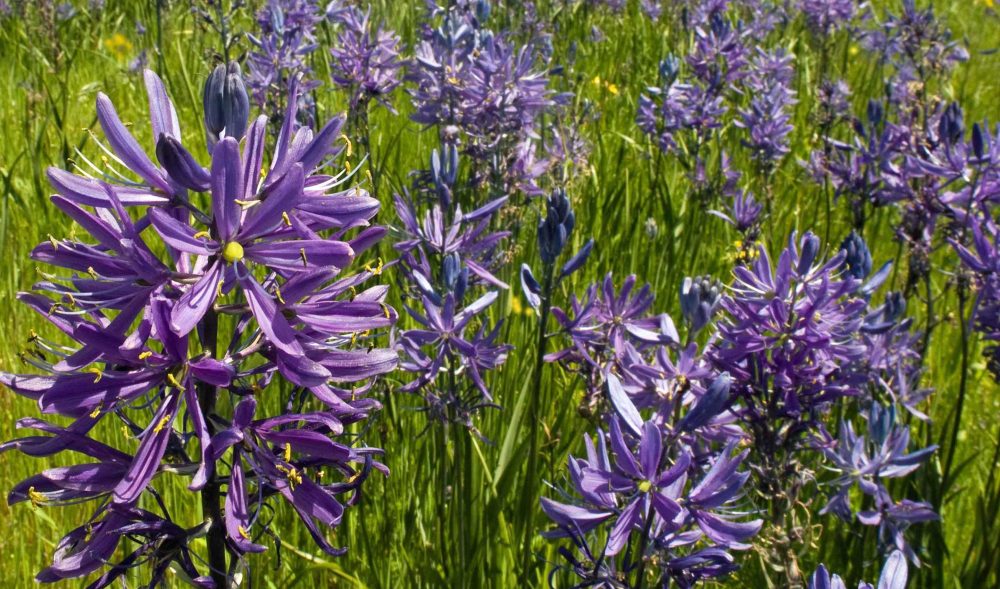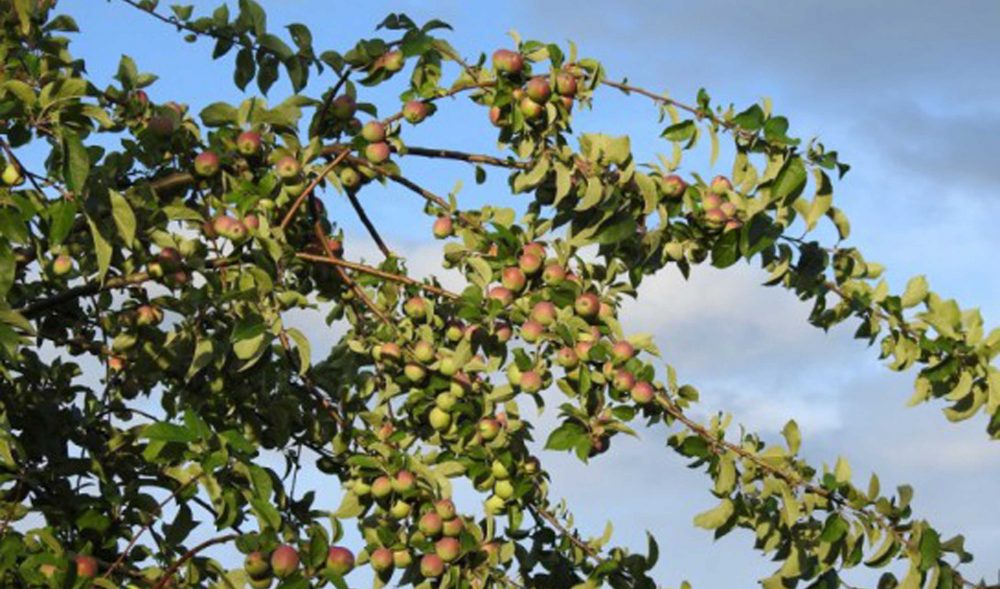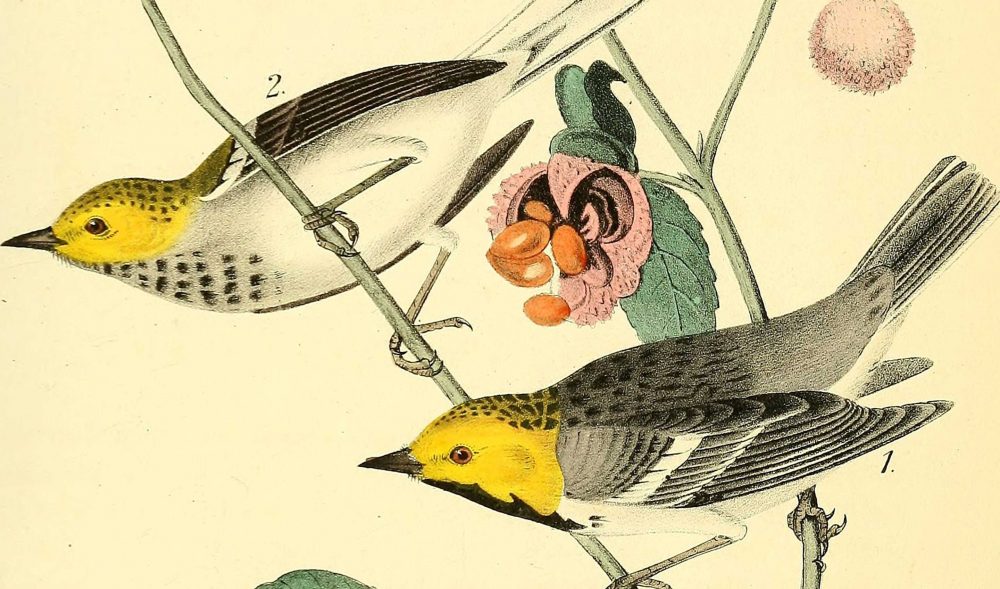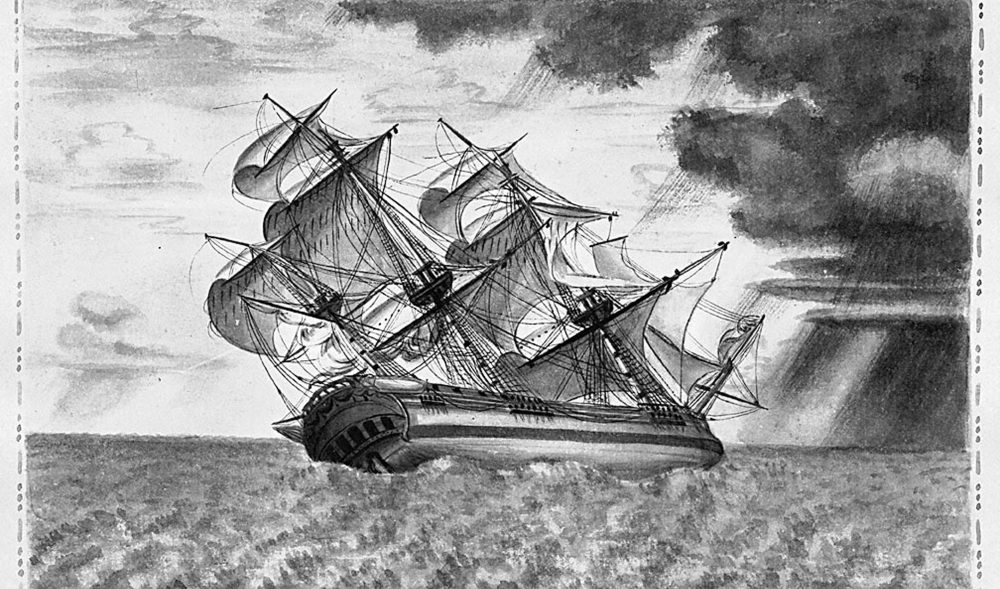Tag Result
tag: Chinook
In this episode, we’re reaching into the Confluence Library to hear an interview with Tony Johnson, the Chairman of the Chinook Indian Nation. He describes how his Tribe has been working for decades to win federal recognition and what it means to him to be Chinook.
Tony Johnson explains how the Chinook would not leave their homeland and how their treaty was never ratified.
Tony Johnson describes the experience of the Chinook receiving recognition in 2001 and having it revoked only eighteen months later.
Tony Johnson (Chinook) talks about how the Boldt Decision reduced the fishing rights of many tribes, including the Chinook.
Tony Johnson (Chinook) talks about connections to land, place, and stories.
Tony Johnson (Chinook) talks about inheritance not being in monetary wealth but in resources and access.
Tony Johnson (Chinook) talks about the Chinuk Wawa pidgin language, and how it was passed down to families because of its importance in contact between cultures
Tony Johnson (Chinook) talks about culture and how American settlers don’t see their own culture.
The densest population of native peoples north of Mexico, the Lower Chinook, Klickitat, and Cowlitz all made the Vancouver area their home. As companies and settlers encroached, the tribes were scattered from this area.
The Chinook are one of several Lower Chinook people indigenous to the western Washington coast. Though not federally recognized, the Chinook were long recognized as prodigious traders across the Northwest coast.
A variety of contesting claims were made for the Columbia River in the 19th century by explorers from Britain, the United States, and others. Missionaries, scientists, and explorers alike flocked to this “new land.”
Dogs were important animals to many tribes in the Columbia Basin, for many purposes including hunting, protection, fur, and food. Many early explorers also brought dogs, such as Clark’s Seaman and Douglas’s Billy.
A prairie plant dug up by women and children, the Camas bulb was an important part of Columbia basin diets. Grazing animals on camas lands by settlers led to skirmishes between the Army and the Bannock tribes.
The introduction of apple trees and other orchard fruits to the Northwest was very popular with both Native and white populations. Often overlooked, Native women played a major role in cultivating the first orchards.
Etched into the wooden slats of the Confluence blind are the names of the birds noted by Lewis and Clark during their journey. These species captivated people such as John Kirk Townsend, thirty years after Lewis and Clark canoed down the Columbia River.
In 1791/2 Captain Robert Gray became the first European to sail the Columbia River, entering at Cape Disappointment to trade with local Chinook. Lewis and Clark visited in 1805 and found the Chinook ready to trade.

